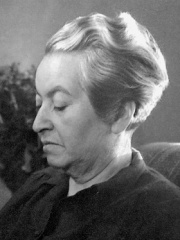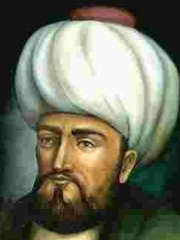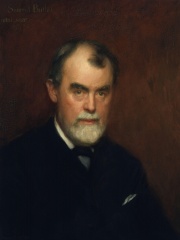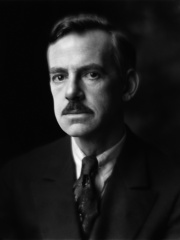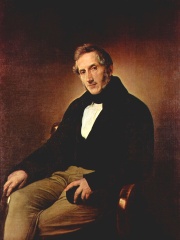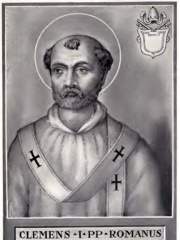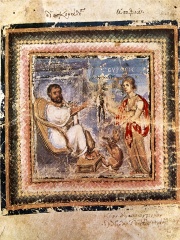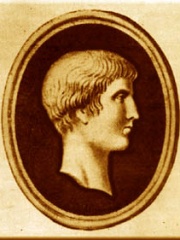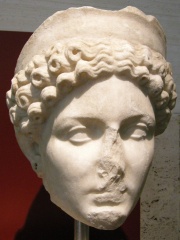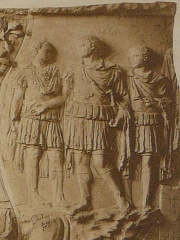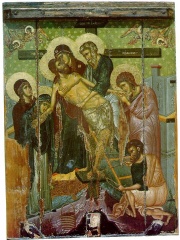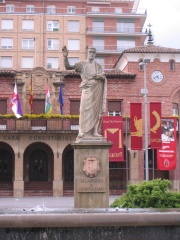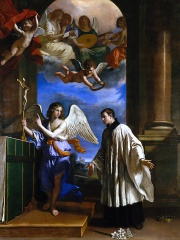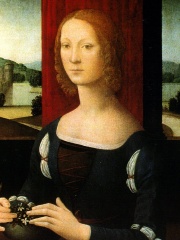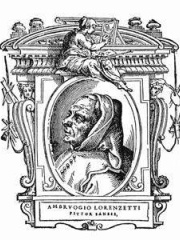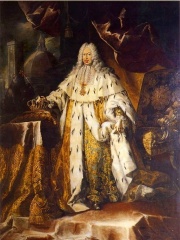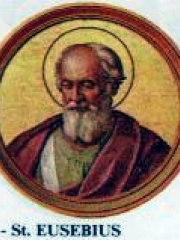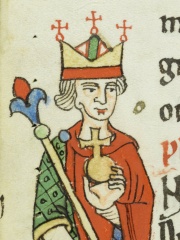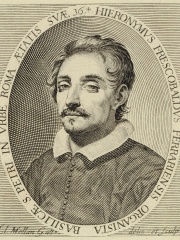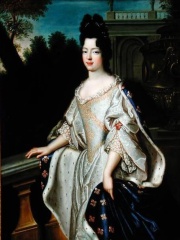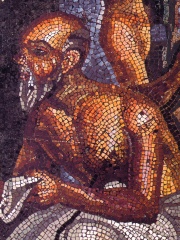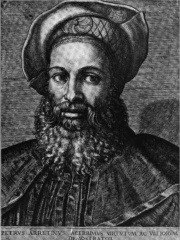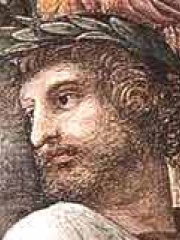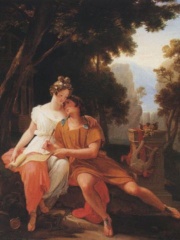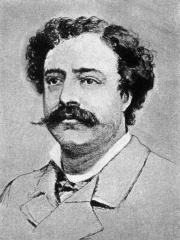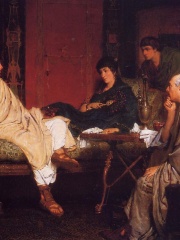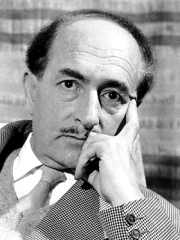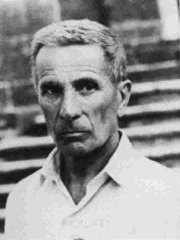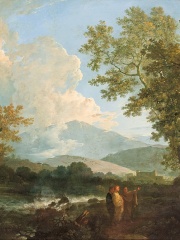Escritor
Statius
40 - 96
PT.WIKIPEDIA PAGE VIEWS (PV)
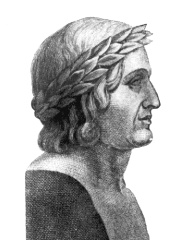
 Statius
Statius
Sua biografia está disponível em 51 idiomas na Wikipédia. Statius é o 461º escritor mais popular (subiu do 510º em 2024), a 627ª biografia mais popular da Itália (subiu do 646ª em 2019) e o 41º escritor mais popular da Itália.
Memorability Metrics
Page views of Statius by language
Among Escritors
Among escritors, Statius ranks 461 out of 7,302. Before him are Marguerite Yourcenar, Gabriela Mistral, Ahmad Yasawi, Baldassare Castiglione, Dan Brown, and Samuel Butler. After him are Thomas Bernhard, Alejandro Jodorowsky, Harper Lee, Mahmoud Darwish, Eugene O'Neill, and Alessandro Manzoni.
Most Popular Escritors in Wikipedia
Go to all RankingsMarguerite Yourcenar
1903 - 1987
HPI: 73.31
Rank: 455
Gabriela Mistral
1889 - 1957
HPI: 73.30
Rank: 456
Ahmad Yasawi
1103 - 1166
HPI: 73.29
Rank: 457
Baldassare Castiglione
1478 - 1529
HPI: 73.29
Rank: 458
Dan Brown
1964 - Present
HPI: 73.29
Rank: 459
Samuel Butler
1835 - 1902
HPI: 73.29
Rank: 460
Statius
40 - 96
HPI: 73.28
Rank: 461
Thomas Bernhard
1931 - 1989
HPI: 73.28
Rank: 462
Alejandro Jodorowsky
1929 - Present
HPI: 73.28
Rank: 463
Harper Lee
1926 - 2016
HPI: 73.28
Rank: 464
Mahmoud Darwish
1941 - 2008
HPI: 73.27
Rank: 465
Eugene O'Neill
1888 - 1953
HPI: 73.26
Rank: 466
Alessandro Manzoni
1785 - 1873
HPI: 73.23
Rank: 467
Contemporaries
Among people born in 40, Statius ranks 3. Before him are Pope Clement I, and Pedanius Dioscorides. After him are Martial, Claudia Octavia, Dio Chrysostom, Gnaeus Julius Agricola, Lucius Licinius Sura, and Lucius Flavius Silva. Among people deceased in 96, Statius ranks 4. Before him are Domitian, Joseph of Arimathea, and Quintilian.
Others Born in 40
Go to all RankingsPope Clement I
RELIGIOUS FIGURE
40 - 99
HPI: 86.00
Rank: 1
Pedanius Dioscorides
PHYSICIAN
40 - 90
HPI: 77.86
Rank: 2
Statius
WRITER
40 - 96
HPI: 73.28
Rank: 3
Martial
WRITER
40 - 104
HPI: 72.33
Rank: 4
Claudia Octavia
POLITICIAN
40 - 62
HPI: 71.26
Rank: 5
Dio Chrysostom
WRITER
40 - 120
HPI: 70.02
Rank: 6
Gnaeus Julius Agricola
MILITARY PERSONNEL
40 - 93
HPI: 68.92
Rank: 7
Lucius Licinius Sura
POLITICIAN
40 - 108
HPI: 62.22
Rank: 8
Lucius Flavius Silva
MILITARY PERSONNEL
40 - 81
HPI: 59.96
Rank: 9
Others Deceased in 96
Go to all RankingsDomitian
POLITICIAN
51 - 96
HPI: 83.71
Rank: 1
Joseph of Arimathea
RELIGIOUS FIGURE
100 - 96
HPI: 77.32
Rank: 2
Quintilian
WRITER
35 - 96
HPI: 76.33
Rank: 3
Statius
WRITER
40 - 96
HPI: 73.28
Rank: 4
In Itália
Among people born in Itália, Statius ranks 627 out of NaN. Before him are Gianni Rodari (1920), Dominic Savio (1842), Archduke Charles, Duke of Teschen (1771), Aloysius Gonzaga (1568), Caterina Sforza (1463), and Baldassare Castiglione (1478). After him are Ambrogio Lorenzetti (1290), Gian Gastone de' Medici, Grand Duke of Tuscany (1671), Pope Eusebius (250), Philip of Swabia (1177), Girolamo Frescobaldi (1583), and Marie Adélaïde of Savoy (1685).
Others born in Itália
Go to all RankingsGianni Rodari
JOURNALIST
1920 - 1980
HPI: 73.36
Rank: 621
Dominic Savio
RELIGIOUS FIGURE
1842 - 1857
HPI: 73.33
Rank: 622
Archduke Charles, Duke of Teschen
NOBLEMAN
1771 - 1847
HPI: 73.33
Rank: 623
Aloysius Gonzaga
RELIGIOUS FIGURE
1568 - 1591
HPI: 73.32
Rank: 624
Caterina Sforza
COMPANION
1463 - 1509
HPI: 73.32
Rank: 625
Baldassare Castiglione
WRITER
1478 - 1529
HPI: 73.29
Rank: 626
Statius
WRITER
40 - 96
HPI: 73.28
Rank: 627
Ambrogio Lorenzetti
PAINTER
1290 - 1348
HPI: 73.28
Rank: 628
Gian Gastone de' Medici, Grand Duke of Tuscany
POLITICIAN
1671 - 1737
HPI: 73.28
Rank: 629
Pope Eusebius
RELIGIOUS FIGURE
250 - 310
HPI: 73.27
Rank: 630
Philip of Swabia
POLITICIAN
1177 - 1208
HPI: 73.27
Rank: 631
Girolamo Frescobaldi
COMPOSER
1583 - 1643
HPI: 73.24
Rank: 632
Marie Adélaïde of Savoy
COMPANION
1685 - 1712
HPI: 73.24
Rank: 633
Among Escritors In Itália
Among escritors born in Itália, Statius ranks 41. Before him are Livius Andronicus (-280), Pietro Aretino (1492), Ennius (-239), Propertius (-50), Fausto Cercignani (1941), and Baldassare Castiglione (1478). After him are Alessandro Manzoni (1785), Edmondo De Amicis (1846), Tibullus (-50), Salvatore Quasimodo (1901), Dino Buzzati (1906), and Titus Pomponius Atticus (-110).
Livius Andronicus
280 BC - 200 BC
HPI: 73.96
Rank: 35
Pietro Aretino
1492 - 1556
HPI: 73.72
Rank: 36
Ennius
239 BC - 169 BC
HPI: 73.69
Rank: 37
Propertius
50 BC - 14 BC
HPI: 73.64
Rank: 38
Fausto Cercignani
1941 - Present
HPI: 73.47
Rank: 39
Baldassare Castiglione
1478 - 1529
HPI: 73.29
Rank: 40
Statius
40 - 96
HPI: 73.28
Rank: 41
Alessandro Manzoni
1785 - 1873
HPI: 73.23
Rank: 42
Edmondo De Amicis
1846 - 1908
HPI: 72.68
Rank: 43
Tibullus
50 BC - 19 BC
HPI: 72.53
Rank: 44
Salvatore Quasimodo
1901 - 1968
HPI: 71.99
Rank: 45
Dino Buzzati
1906 - 1972
HPI: 71.58
Rank: 46
Titus Pomponius Atticus
110 BC - 32 BC
HPI: 71.58
Rank: 47

